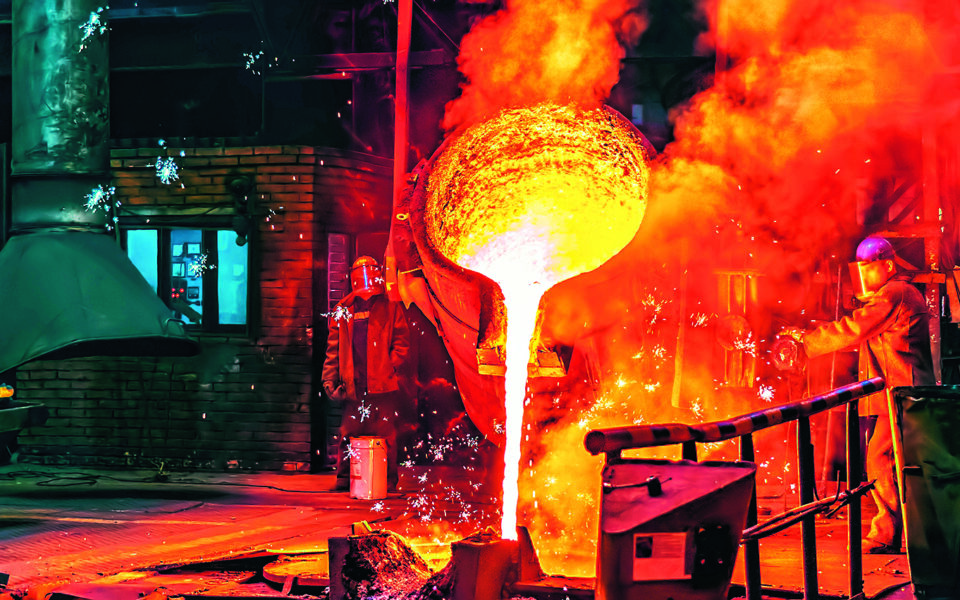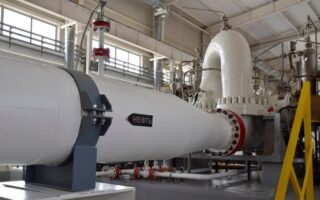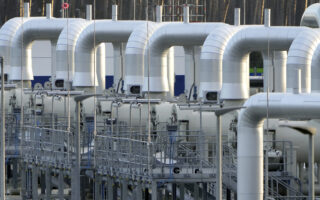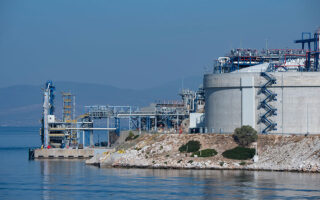Industry’s big gas problem

Large, high energy-consuming factories that run on natural gas are making contingency plans to avoid shutting down production altogether if Russia cuts off natural gas supplies to the rest of Europe.
Even as most are hoping that a total cutoff does not happen, most are not waiting passively for that moment. They are stocking up on diesel and liquid gas where feasible, seeking contracts to buy liquefied natural gas (LNG) so they can swap it for natural gas with the Public Gas Corporation (DEPA), and acquiring or building the needed infrastructure for the above – these are things many industries are urgently doing. Those with storage tanks are filling or have already filled them with the alternative fuels.
Cement factories, which mostly use electricity, are in a better position, and a number of of them can also use petroleum coke or pellet fuels made of biomass and are considering their use, if needed.
It is harder for companies that use natural fuel as a raw material, and not just for energy. These are mainly fertilizer producers that use natural gas to produce nitrogen fertilizer; to them, natural gas represents 80% of production costs.
The logistics of alternative fuel sources are not simple; for example, those industries that intend to purchase LNG to swap it for natural gas may find that there are not enough storage facilities for the product.
Bringing industrial production to a halt would be a nightmare scenario, since it would mean a serious drop in the country’s GDP. But the 100% substitution of natural gas in such a short timescale is not a viable option for many. Passing on the extra cost to clients is also limited, since higher prices will inevitably hurt demand.
The food industry is bracing for one of its most challenging winters, with the prospect of energy shortages. For many that produce perishable products, such as fresh milk, the idea of even short energy blackouts is an existential threat.
Large companies in the dairy sector, such as Delta, keep a dual system, with oil tanks always full in case the natural gas supply is disrupted. Other companies, such as chicken farms and deli producers, are now looking for fuel alternatives, including biomass.





